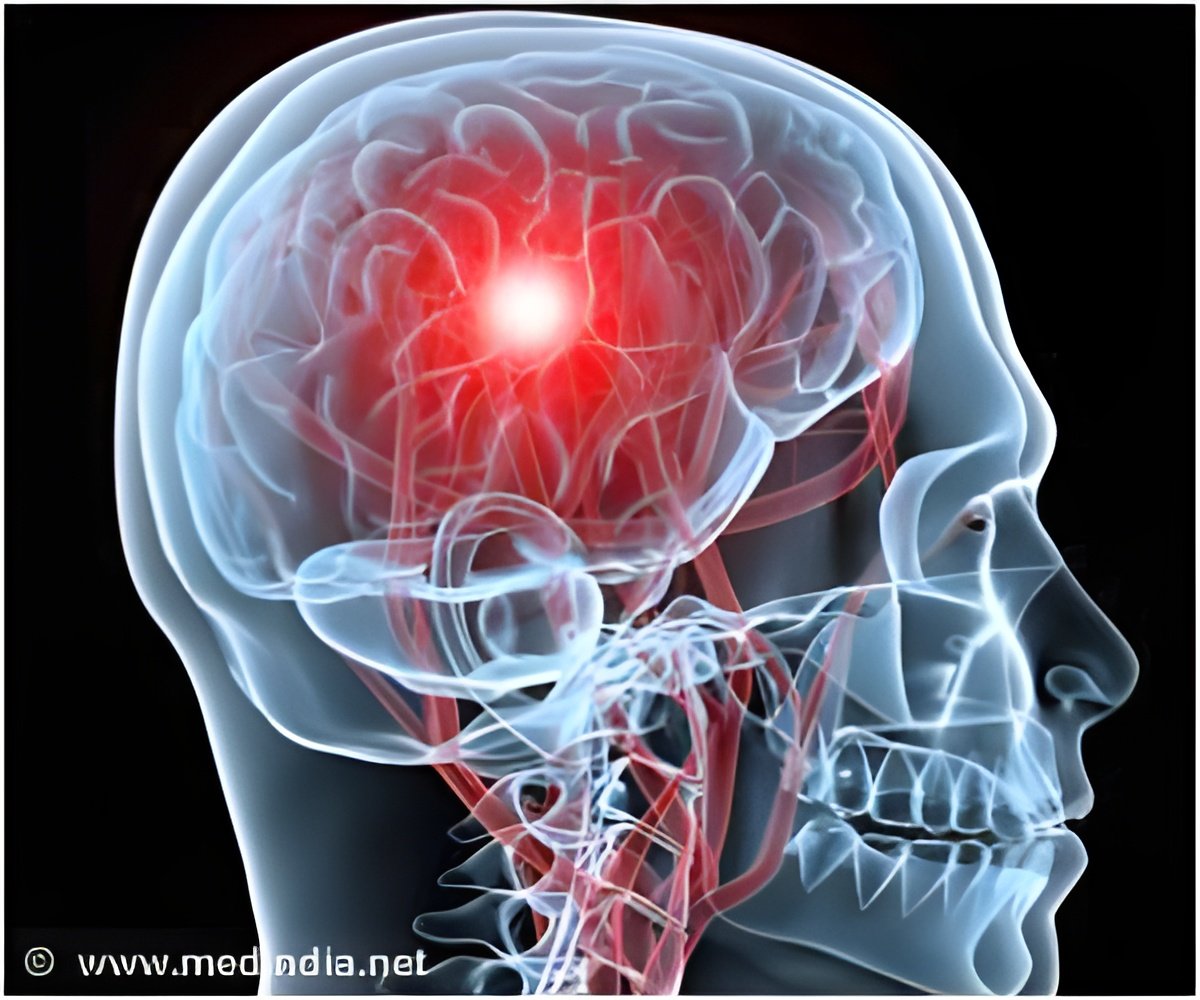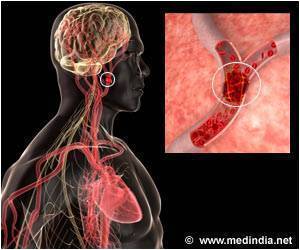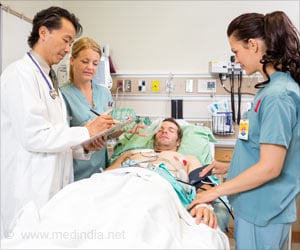
If duplicated in humans, the identification of this molecule could pave the way for a more rapid recovery from stroke and may allow a synergy with existing treatments, such as physical therapy.
Stroke is the leading cause of adult disability because of the brain's limited capacity for repair. An important process in recovery after stroke may be in the formation of new connections, termed axonal sprouting.
The adult brain inhibits axonal sprouting and the formation of these connections.
In previous work the researchers found, paradoxically, that the brain sends mixed signals after a stroke-activating molecules that both stimulate and inhibit axonal sprouting.
In this present work, the researchers have identified the effect of one molecule that inhibits axonal sprouting and determined the new connections in the brain that are necessary to form for recovery.
Advertisement
This approach uses a biopolymer hydrogel, or a gel of naturally occurring brain proteins, to release neural repair molecules directly to the target region for recovery in stroke-the tissue adjacent to the center of the stroke.
Advertisement
This direct link between movement patterns, like those that occur in neurorehabilitation, and the formation of new brain connections, provides a biological mechanism for the effects of some forms of physical therapy after stroke.
The study has been published online in the journal PNAS.
Source-ANI














